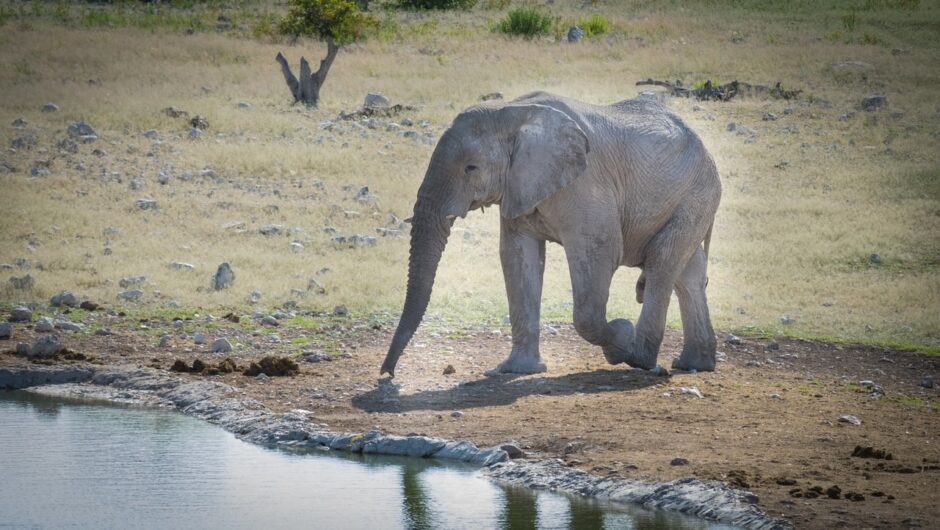
Reconnaissance Energy Africa has come under fire for alleged damage during its 2D seismic campaign, with calls for the Namibian government to withdraw approval.
The company has denied the allegations.
Frack Free Namibia (FFN) issued its complaint on October 5. ReconAfrica’s thumper trucks, carrying out the seismic acquisition, have damaged homes and wilderness, the NGO said.
The Namibian Ministry of Environment, Forestry and Tourism issued the environmental clearance certificate on July 2. Under ReconAfrica’s environmental impact assessment (EIA) and environmental management plan (EMP), the company said it would not make new cutlines, the complaint said.
However, FFN said the company had violated this agreement, cutting a 2.5 km new road in the George Mukoya conservancy. It also cited residents’ complaints as saying that the thumping had caused cracks and damage to houses.
A ReconAfrica representative said the company was carrying out the work in compliance with the EMP and the ECC.
“The seismic operation is within the context of approved seismic lines embedded within already existing district roads and or sandy access pathways all used by local commuters,” he said.
Diversions
“As most of the sandy access pathways are heavily infested by bushes, certain seismic lines require minimum diversion to mitigate for buffer zones around immediate structures while other lines may be extended.” These extensions were carried out within the bounds of the EMP and ECC.
The thumper truck is similar to a tractor, the ReconAfrica official said. It “generates a thump as it hits the ground” and operates at a low frequency. The thumper does “not interfere with the receiving environment”.
The seismic contractor has acquired 95% of the 2D seismic, on schedule, and is processing the data. Quality of the data is “within our expectations”, the official said. The two stratigraphic wells provide “needed context to the processing”.
ReconAfrica is working with state-owned Namcor, the representative said. “Ultimately, the people of Namibia and Botswana, through their traditional authorities, elected governments, and regulatory agencies, will determine how they will manage their natural resources.”
